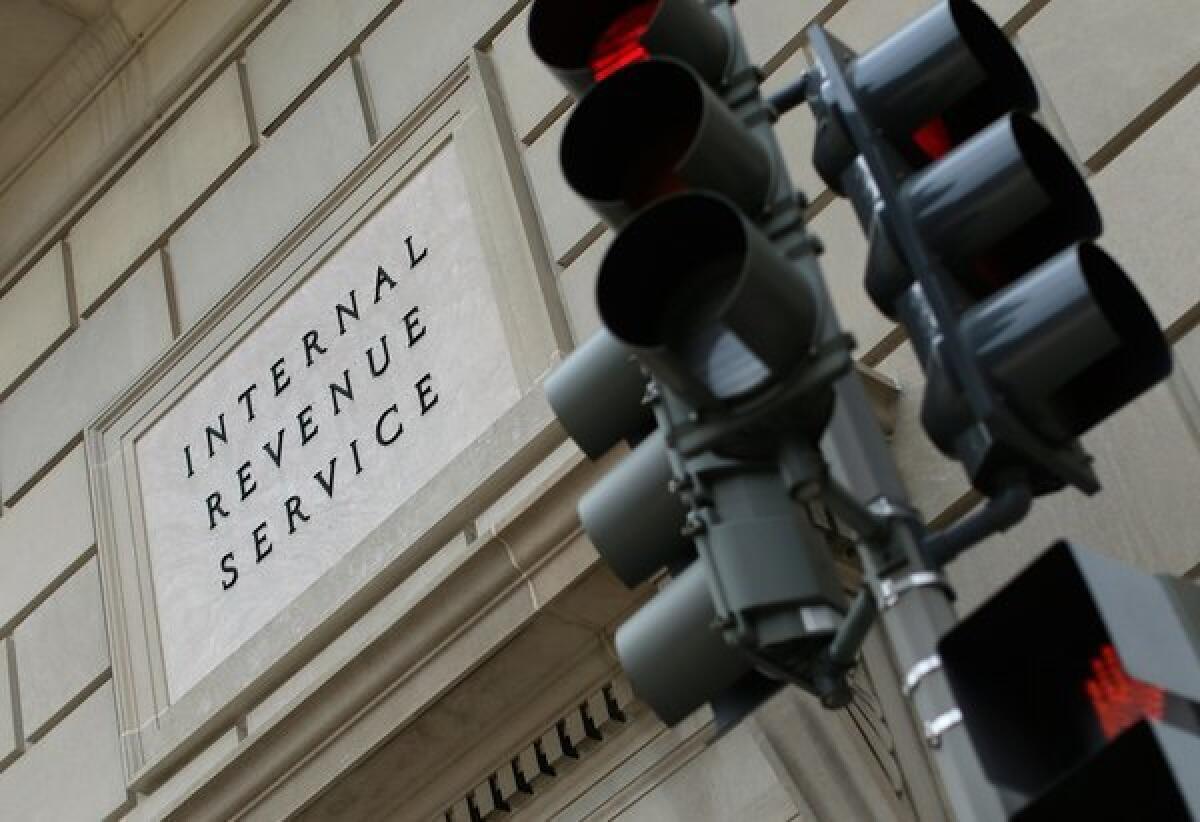The latest misguided GOP effort to stop Obamacare

The House is expected to hold yet another symbolic vote this week on a bill to neuter the Patient Protection and Affordable Care Act, once again taking aim at the much-unloved “individual mandate” -- the requirement that virtually all adult Americans obtain coverage, starting in 2014.
The measure (HR 2009) would bar the Treasury Department from implementing or enforcing the two 2010 laws that make up Obamacare. The goal is to stop the Internal Revenue Service (which is part of the Treasury Department) from assessing the penalties in Obamacare on individuals who do not carry insurance and the employers who do not provide it to their workers. The administration has already postponed the employer mandate until 2015, so in the short term, the bill would affect only the individual mandate.
The problem with this approach -- beyond the fact that the bill would be dead on arrival in the Senate -- is that it would leave intact the requirement that insurers offer coverage to all applicants without regard to their medical histories. Insurers would also be barred from charging sicker or riskier customers higher premiums than healthy ones, and would be limited in the surcharges they could impose on older applicants and smokers.
The point of these provisions is to make insurance more available and affordable to Americans with preexisting conditions and other insurance red flags. As a consequence, though, insurers will have to take on more risk and distribute it more evenly among their customers.
As I noted in a recent post, this approach won’t work unless younger, healthier people are in the risk pool too. And without penalties for violating the individual mandate, there’s little to stop healthier adults from eschewing coverage until they need treatment. Insurers would be left covering a progressively sicker, riskier group, causing premiums to spiral upward and making coverage unaffordable to more families. That would be a terrible outcome.
Some critics say the penalties in the law are too small to persuade “young invincibles” to comply, setting the stage for a rapid rise in premiums. HR 2009, though, would guarantee that premiums would rise. That’s not principled opposition, it’s sabotage. And the victims would be not just the Americans who need individual insurance policies but also taxpayers -- they’re the ones who’d have to pay for larger premium subsidies for the poor and working poor.
(And please, don’t argue that HR 2009 would stop the IRS from looking at your medical records. The 2010 law doesn’t give the agency any authority to do so.)
The same could be said for the misguided efforts to block funding for the law. As noted by Sen. Tom Coburn (R-Okla.) -- no fan of Obamacare -- much of the implementation of the law would go forward even if the government were shut down, as a dozen senators have threatened to do unless Congress “defunds” Obamacare. Most important, the new insurance regulations would stay in place even if lawmakers managed to zero out the appropriations for implementing the law. That would produce the same result as HR 2009.
Granted, many opponents of the law consider it to be such bad policy, any step that hastens its demise is worth taking, regardless of the cost to their constituents in the short term. I get that. And aside from a handful of Republican lawmakers who seem to believe they have enough leverage to force a repeal, most of those supporting measures like HR 2009 surely recognize that they’re just scoring political points. Their focus isn’t really on stopping Obamacare from going into full effect Jan. 1, it’s on winning more seats in November 2014.
Meanwhile, the House Energy and Commerce Committee endorsed a bipartisan proposal Tuesday to fix the broken system for restraining the growth in Medicare payments to physicians -- a challenge that the Affordable Care Act didn’t take up. Clearly, lawmakers can work across the partisan divide on these issues. Perhaps they’ll get to that point with Obamacare as well, working together to fix the shortcomings and bolster the strengths. But don’t hold your breath.
ALSO:
A double-edged verdict on Bradley Manning
Goldberg: Bending the Trayvon Martin tragedy to fit
Follow Jon Healey on Twitter @jcahealey and Google+
More to Read
A cure for the common opinion
Get thought-provoking perspectives with our weekly newsletter.
You may occasionally receive promotional content from the Los Angeles Times.






